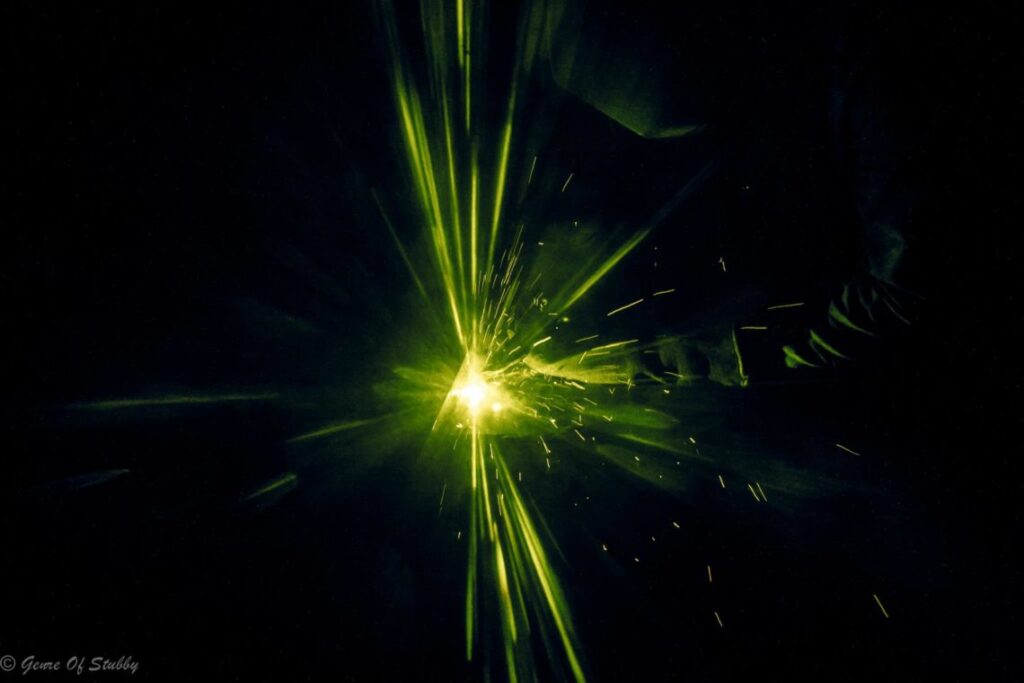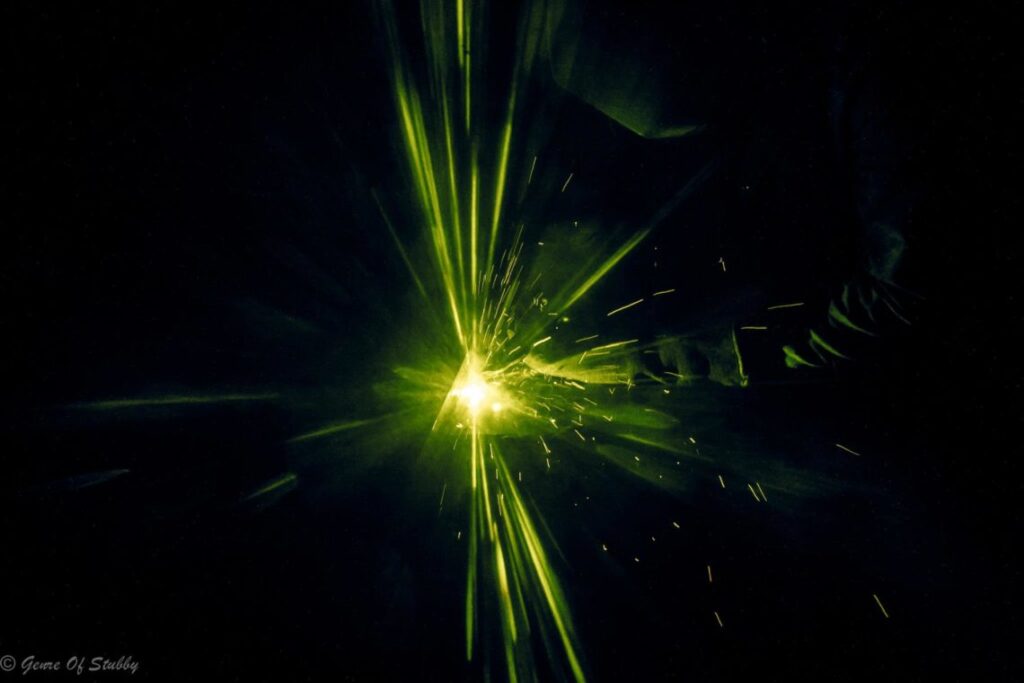
Alchemy is much misunderstood, usually over-simplified, and frequently used badly out of context – all to the fierce detriment of an amazing tradition.
Very rarely these days does anyone actually study the true art, because wowzers, those people tend to blow up a lot of stuff and reek of rotten eggs all the time. I read a recipe last night that involved melting gunpower down in a crucible at ridiculously high heat. Don’t try this at home – because if you do, you might not have a home for long.
It seems insane to us now, at least some of these things do, but then Isaac Newton, one of the most important scientists ever, was a devoted alchemist. So was Johannes Kepler. It’s crazy stuff, but it’s real stuff. As far as turning lead into gold … it’s complicated. But apparently it’s possible. Maybe. Depends on who you read.
I’ve decided to educate myself about alchemy just a bit so that I at least have a basic understanding of what it actually is, what it deals with, why it’s even a thing, and how it applies to anybody’s actual life. You know me: “How is this relevant” is maybe not always the first question on my lips, but it’s pretty high on the list. Alchemy is relevant, no matter how you slice it, because it is the very foundation of all science and technology in our entire world today, and it has been around since thousands of years before our Common Era.
Alchemy also forms the basis for most of our spiritual traditions – yes, even the mainstream ones.
Transformation, transmutation, distilling, grinding, melting, breaking down and recombining … It is all relevant. Every bit of it.
So here’s the basic, “babbie’s first alchemical process” explanation: Everything has three components: the Mercury (liquid); the Sulphur (oil); and the Salt (salt). Extracting each component requires a unique process. You might grind up your chosen thing, let’s just say rosemary to make it easy, into a wet, loose mush, and then add it to some water to separate the oil from the plant by injecting some steam. Once you have removed the oil from the surface of the water, you drain off the water, and distill it a few times until it is very, very pure and concentrated. Take the rosemary mush that was left over and burn it until it is ash, and then bake the ash at a high temperature until it is white and powdery.
So you have your Mercury of Rosemary, the distilled liquid; you have your Sulphur of Rosemary, the oil that was siphoned off the top of the water; and you have your Salt of Rosemary from the ashes of the rosemary mush left over after the oil was extracted and the liquid distilled.
Recombine these elements in specific proportions based on your needs, and you have the purest, most potent healing essence of rosemary possible.
This is super duper simplified, of course, and only the tippy-tip of a very large iceberg. There are processes of fermentation that are used to create acids so caustic that they will dissolve chunks of lead, and processes that create beautiful crystals as a byproduct of their chemical reactions. It’s not safe. It’s not easy. It’s not something most people will ever have any desire at all to actually do.
And yet, Alchemy is part of the foundation – a big part – of everything in our modern world. Everything.
In our time, alchemy is most often used in psychotherapy as a metaphorical toolkit for healing the self, or even resolving conflict.
Imagine that you are having a conflict with someone, and look at the problem alchemically. There are three components, not just two sides. Not just right or wrong. There is Mercury, Sulphur, and Salt. Liquid, oil, and mineral.
What feels liquid, fluid, quicksilver? What is fast moving or shape-changing?
What is oily, viscous, or clinging? What sticks or stains?
What is bitter, sandy, intrusive? What irritates like sand paper?
Notice that I have never said, “What is Person X doing to drive you nuts?” You break the conflict down to it’s elemental components so you can really see what’s going on, and then you figure out how to recombine the elements in order to make it more comfortable for both. And remember, all of these elements have a positive vibration, too.
Water is life, we can’t live without it – literally. Water feeds plant life, shapes the landscape, and creates our weather. Being fluid or flexible means being able to adapt and shape-change. Water brings new life to arid landscapes, and that is powerful.
Sometimes you have to put a little WD40 on things to make them work properly. Cooking frequently requires a little fat to heat without burning, to bind things together, or to add richness to the flavor. Oil is protective as well as conductive, and it removes friction between objects and people.
And salt may be bitter alone, but it provides the high vibration of flavor that brings out the best in some foods. It also absorbs and clears negativity and harsh energies.
Alchemy can influence the best parts of what we do, and who we are, and how we live and work and play and get from here to there, and talk to each other over distances … and how we relate to each other, and how we feel about each other, and how we react to each other, and how we influence each other. And I could go on and on for days. It’s worth the time to read up and let it put your mind in a little crucible for a while.

